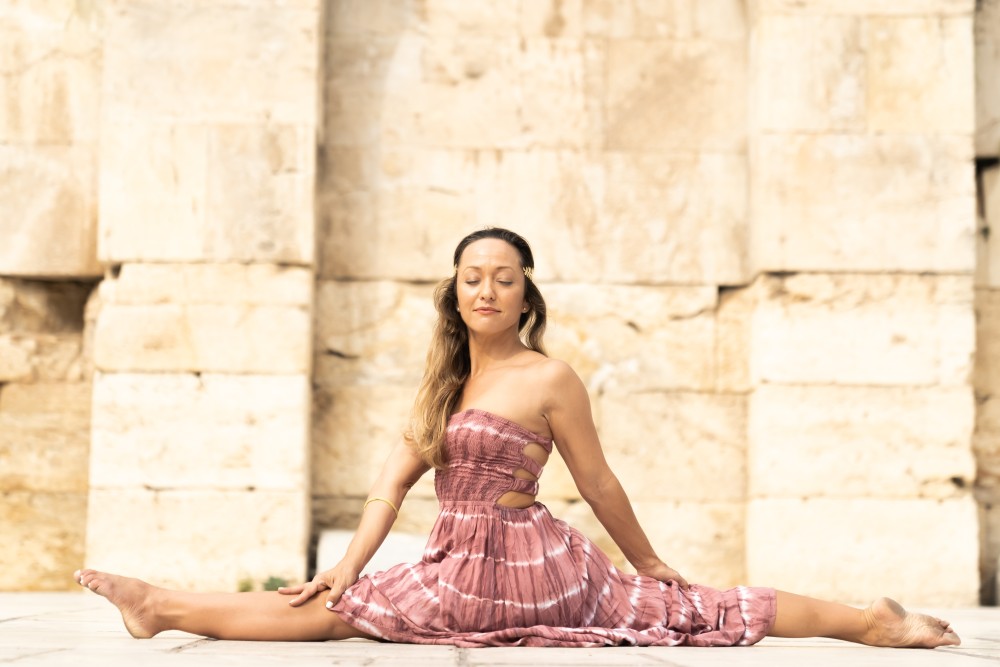The Tool of Self-Observation
One of the goals of our spiritual journey of yoga is cultivating peace of mind. Only a disciplined mind can seek this eternal truth, but disciplining your subconscious can take years and years of practice.
Unfortunately, we can’t just run away to a cave and meditate without distraction. We have to interact with others and ourselves, and sometimes our own thoughts and feelings can be our biggest distraction.
This is where the tool of self-observation comes in. Self-observation is the practice of bringing your attention inward and observing what you think, feel, and do without judgment. During self-observation, you will neutrally and silently describe the thoughts, feelings, or emotions that arise throughout a meditative practice.
Self-observation uses the dichotomy between the state of judgment and the state of discernment to teach yogis how to observe themselves from a neutral perspective.
What is the difference between judgment and discernment? I answer that question with an example from a Zen Buddhist parable you may have heard already called “Maybe So, Maybe Not”.
In this story, a farmer’s son loses his one and only horse only to have that horse return three days later with three more horses. The father, a meditator, does not react when his horse goes missing, nor when the horse returns, reminding us that it does not change things to react emotionally, nor do things change when we apply judgment values to them. Only without reaction can you see reality clearly.
For example, when you act with judgment, your behavior has an emotional tinge impacted by past experiences that are influencing your current value judgments. This tinge impacts the way you see reality.
Practicing self-observation can help you break away from reactionary judgments and reach the state of discernment where you can see reality more clearly.
I never learned more about myself and my strong opinions than when I started on this spiritual journey of yoga. These were hard lessons to learn, but they helped me to remember that mindfulness practice like this doesn’t have to be serious.
Yes, this is a serious spiritual journey, but you can cultivate a little bit of curiosity and whimsy, too! As you learn new things about the practice and about yourself as well, you’re going to experience a wide variety of emotions. Don’t judge yourself. Practice being in a state of discernment by becoming curious and tuning in to my latest episode of the Yoga Inspiration Podcast here.


